'Blue Justice' for small-scale fisherfolk
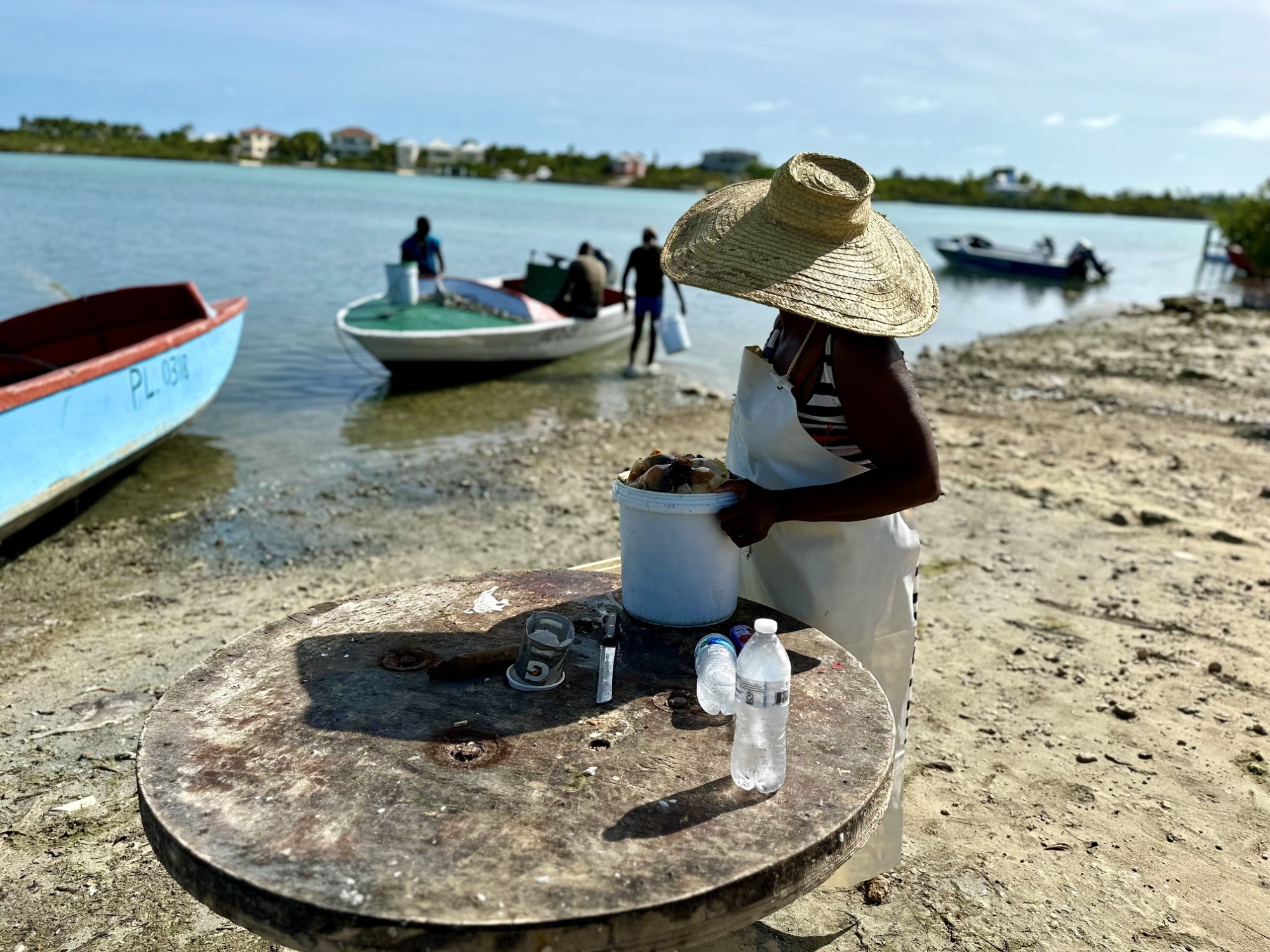
Seafood cleaner with a bucket of queen conch at Silly Creek landing site, Providenciales. Credit - Marta Calosso.
Gender Equality and Social Inclusion promotes Blue Justice for small-scale fishing communities
Without properly understanding complex problems, it is hard to know how to address them comprehensively. For this reason, at FisherFolkFirst, a non-profit organisation based in the Turks and Caicos Islands (TCI), we use research as the foundation for everything we do and, crucially, to guide how we do it. Because FisherFolkFirst was established to empower small-scale fishing communities, our past research has addressed issues of ‘Blue Justice’: how small-scale fisheries and coastal communities are impacted by growth in the ‘Blue Economy’. As the scale, scope, and profitability of these economic activities grow, sustainability, equity, and social justice are threatened. In the TCI, fisheries are facing increasing marginalisation; fisherfolk are becoming disproportionately represented by some of the most underprivileged and excluded groups in society; and fishers and fish workers are losing their voices in decision-making. Injustice is most severe for foreign workers, particularly for low-paid immigrant women from Haiti and the Dominican Republic employed as seafood cleaners. The important but under-valued role of women in fisheries is well-documented worldwide. However, the role of non-binary fisherfolk is largely not recognised at all. Therefore, progressing Gender Equality and Social Inclusion (GESI) are key components to addressing Blue Justice, and this is all within the backdrop of managing fisheries sustainably and building the healthy oceans upon which fisherfolk depend. In fact, ‘Justice’ and ‘Inclusion’ are two of FisherFolkFirst’s guiding values, and therefore promoting GESI is fundamental to our work.
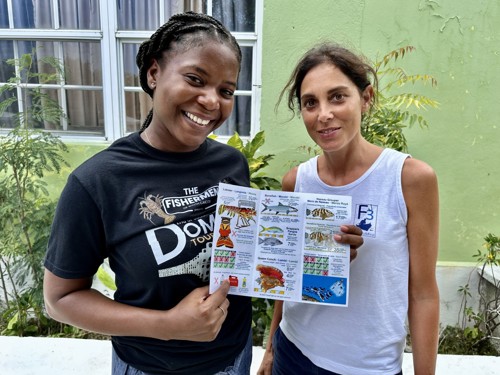
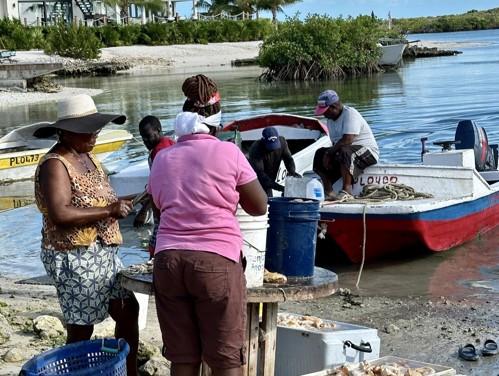
On one level, FisherFolkFirst’s project ‘Developing biodiversity stewardship among TCI fishers through outreach and education’ was all about producing inclusive outreach materials (brochures, posters, pull-up banners, videos, and a website) that explain the fishing regulations and the ecological reasons behind them, and about providing minimum size lobster gauges for fishers (see our earlier Darwin Plus article ‘Gauging sustainable spiny lobster fisheries in the Turks and Caicos Islands’). On another level, these outputs were designed to empower fisherfolk, and to start building the foundations from which they can advocate for themselves. On a third level, by adopting principles of co-design, co-development, and co-delivery, and by working specifically with the most marginalised fishers and fish workers, the project itself was a process of inclusion. More information on our co-design approach can be found in a previous Darwin Plus article ‘Working with fishing communities to develop ocean literacy and biodiversity stewardship in the Turks and Caicos Islands’.
We wanted to produce materials that were accessible to everyone, regardless of their language, levels of literacy, or education. To achieve this, we presented everything in English for Turks and Caicos Islanders, in Spanish for immigrant fisherfolk from the Dominican Republic and other Hispanic countries, and in Creole for the large component of fishers and fish workers from Haiti. To facilitate fisherfolk who struggle to read, we minimised the amount of text we used in print and online, trying to make everything understandable through images instead. By employing Turks and Caicos Islander, Dominican, and Haitian fisherfolk to review, translate, and narrate, we also made sure that we were using the most appropriate words and phrases, which was especially valuable to explain the ecological reasons behind the regulations in the videos we produced. These videos were made for the fishing community, by the fishing community, and would not have been possible without their invaluable assistance: local fishers took us out on their boats and chose the best spots to film them catching and measuring species covered by the regulations. They played a major role in deciding what footage would be most suitable for an audience of fellow fishers; and three different women with ties to the fishing community narrated the videos in English, Spanish, and Creole.
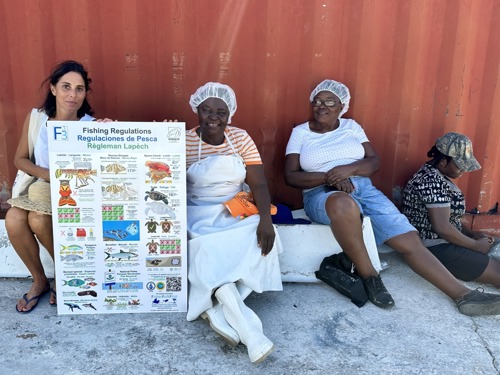
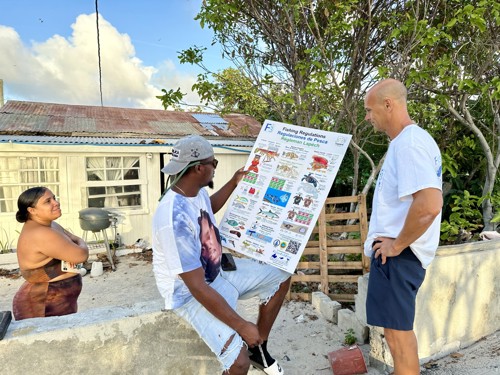
‘Respect’ is also a FisherFolkFirst guiding value, and it is fundamental for engaging groups in society who are typically marginalised or excluded altogether. So, everything we produced, the process of developing these outputs, and the way in which we interacted with stakeholders all needed to show respect to the fishing community. For this reason, we used life-like, high-quality images and avoided cartoonish or cheap-looking depictions of fishing, fishers, or fisheries species. We wanted to show to everyone in the TCI, including fishers and fish workers themselves, that fisherfolk deserve the time, effort, and consideration that was invested in producing the best materials possible. Also, to avoid the implicit hierarchy that typically marginalises Dominican and Haitian workers in the TCI, we gave equal emphasis to each of the three languages used. Another consideration was that, although we were communicating about fishing regulations, it could not be delivered in a way that could be perceived as authoritarian but needed to be expressed as a collective endeavour for the benefit of everyone. A further element of ‘Respect’ was reviewing draft outputs with fisherfolk and showing that their comments and suggestions were valued and specifically incorporated. A final principle we embraced was that fishing community members should not be expected to work for free, and so with the Darwin Plus Local funding we were able to employ fishers, fish workers, and other fisheries stakeholders who contributed to the project.
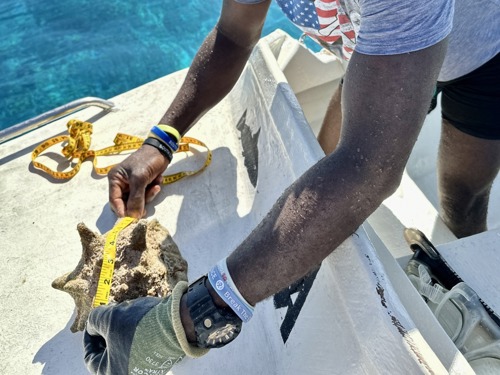
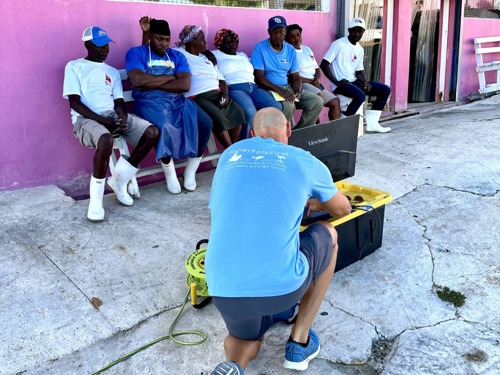
The brochures, posters, pull-up banners, website, videos, and lobster gauges will continue to be used for years to come, which will benefit ocean literacy, understanding, and compliance with regulations. In fact, since the end of the project, our videos have been screened at seafood processing plants for Haitian and Dominican workers, at docks and landing sites for fishers and other community members, and at local bars and restaurants. Our outreach materials have also been used to facilitate workshops and training for fisherfolk, as well as fisheries consultation meetings. As the enduring legacy of the project continues to grow, this helps to empower all demographics of fisherfolk to view themselves as stewards of the marine biodiversity upon which they depend.
Written by Marta C Calosso and John AB Claydon. For more information on this Darwin Plus Local project DPL00045, led by FisherFolkFirst, please click here.
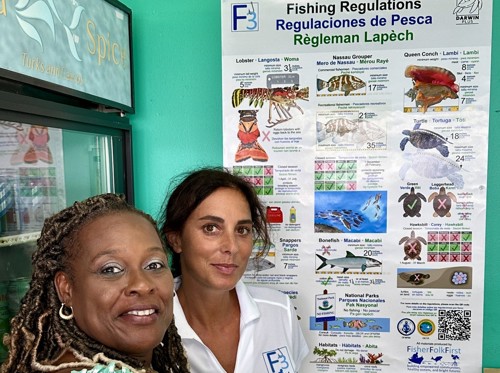
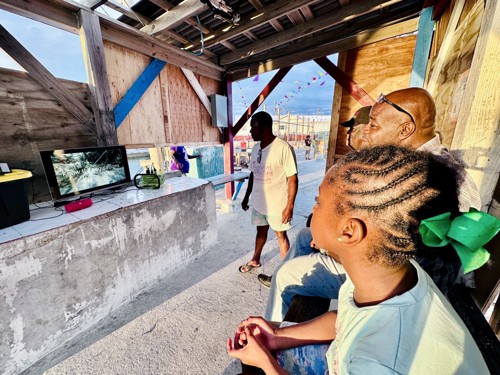
 Back
Back